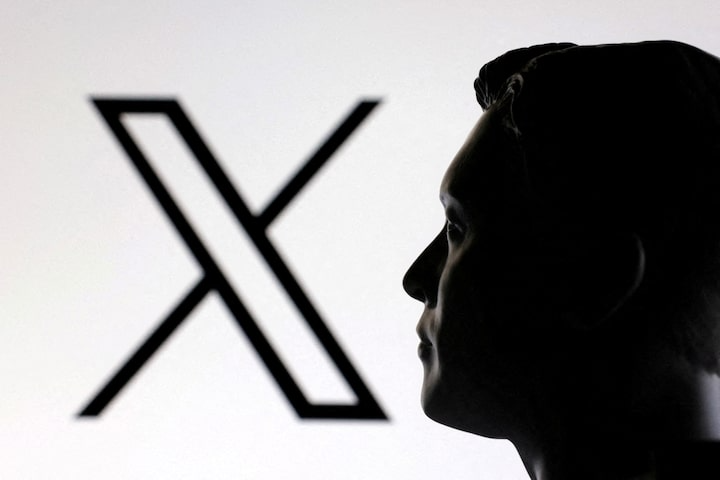According to a statement from X’s Global Government Affairs team, the company received a legal request from Indian authorities instructing it to block access to multiple Reuters-affiliated accounts for users within India. While X said it disagreed with the directive, it complied to avoid facing potential legal penalties, including fines and possible liability for its local employees.
“We do not agree with these actions and maintain that freedom of expression should be protected. However, we are required to comply with local laws,” X said.
Reuters also confirmed the restriction, stating that its main account and several others, focused on topics such as global affairs and Indian news, were no longer visible to Indian users. The international news agency added that it is actively seeking clarification from the Indian government and working to restore access.

India has previously issued similar blocking orders to X, particularly during politically sensitive times or in response to content related to protests, religious tensions, or dissent. Under India’s Information Technology laws, the government has the authority to direct digital platforms to restrict access to content or accounts deemed a threat to national security, public order, or sovereignty.
The situation raises critical questions about the balance between upholding national laws and defending the open flow of information. While platforms like X claim to support free speech globally, they must navigate complex legal environments in individual countries, often forcing them to make difficult trade-offs between principles and compliance.
This latest development adds to growing international scrutiny over how governments use legal tools to control narratives and limit independent journalism online.






